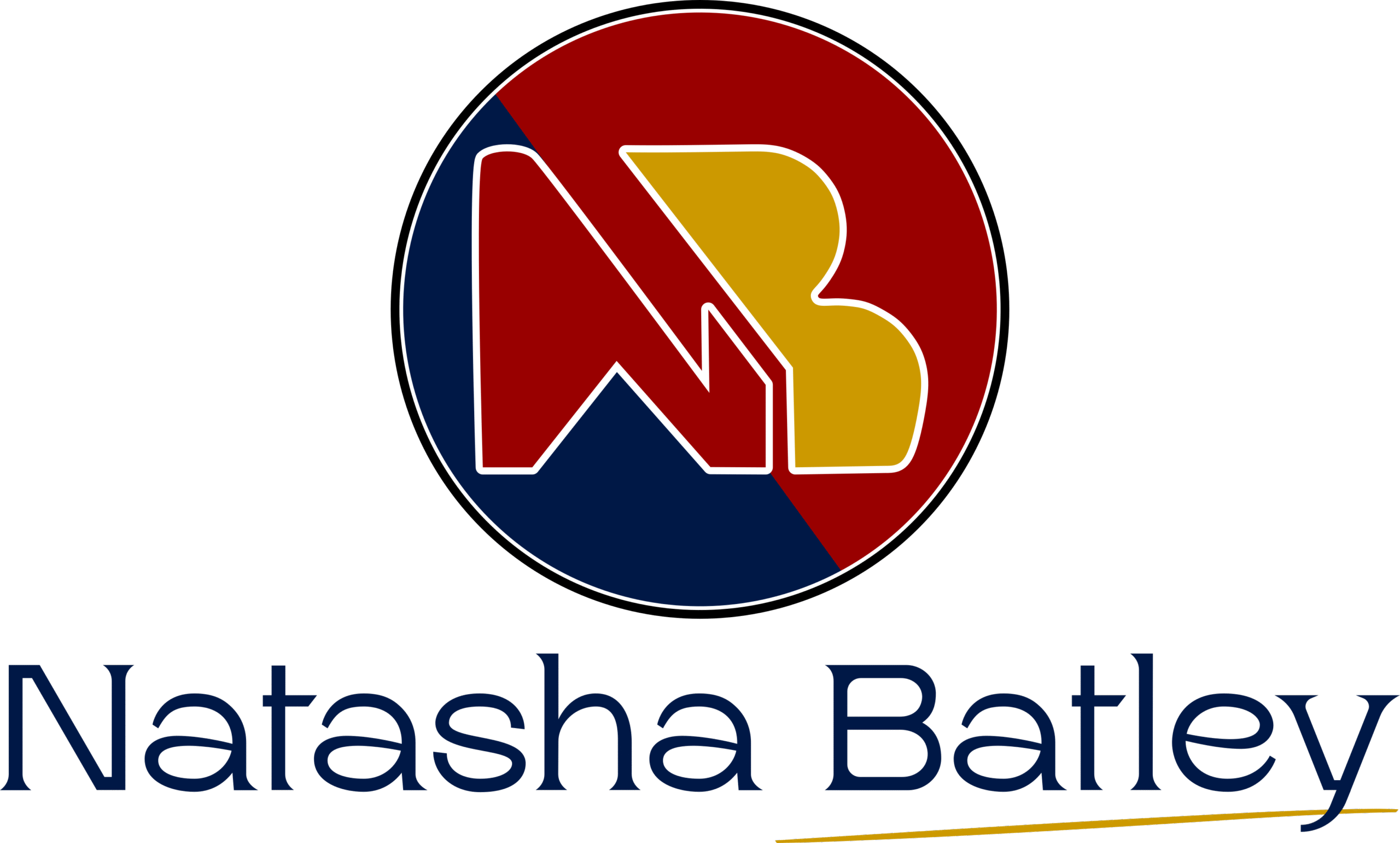The construction of rural libraries can play a transformative role in supporting the Competency-Based Curriculum (CBC) and equipping learners with sustainable education. Libraries serve as hubs for knowledge acquisition, skill development, and lifelong learning, particularly in undeserved rural areas.
How Rural Libraries Can Enhance CBC
1. Access to Learning Resources
- Books and Materials: Rural libraries provide textbooks, reference books, and supplementary reading materials aligned with CBC learning areas.
- Digital Content: Equipped with computers and internet access, libraries can offer digital learning resources, e-books, and access to online courses.
- Practical Tools: Libraries can house tools and equipment for practical CBC subjects like science, art, and technical education.
2. Encouraging Self-Directed Learning
- Research Skills: Libraries teach students how to find and use information, promoting critical thinking and problem-solving.
- Independent Study: Rural learners can explore topics beyond the classroom, fostering curiosity and innovation.
3. Promoting Equity in Education
- Bridging Resource Gaps: Libraries can serve as resource centers for schools that lack adequate facilities.
- Inclusivity: Marginalized groups, including girls and learners with disabilities, gain access to educational opportunities in a neutral and supportive space.
4. Supporting Teachers
- Professional Development: Teachers can access resources for lesson planning, professional growth, and implementing CBC more effectively.
- Collaborative Spaces: Libraries provide venues for workshops, training, and peer learning among educators.
5. Community Engagement
- Parental Involvement: Libraries can host adult literacy programs and workshops to help parents understand CBC and support their children’s learning.
- Skill Development: Community members can use libraries for vocational training, entrepreneurship courses, and other lifelong learning programs.
Equipping Learners with Sustainable Education
1. Practical Skills
- Workshops and Labs: Libraries can house spaces for hands-on activities in areas like agriculture, mechanics, ICT, and arts.
- Coding and STEM Programs: Digital labs can introduce rural learners to coding, robotics, and other STEM fields.
2. Lifelong Learning
- Access to Lifelong Knowledge: Libraries instill a habit of reading and learning, essential for adapting to changing economic and social needs.
- Career Preparation: Career guidance resources and job-readiness programs can prepare rural learners for diverse opportunities.
3. Entrepreneurship and Innovation
- Business Resources: Libraries can provide access to books, courses, and mentorship on entrepreneurship and small business management.
- Innovation Hubs: Makerspaces within libraries can encourage creativity and innovation, enabling learners to turn ideas into tangible solutions.
Designing Rural Libraries for CBC
- Infrastructure:
- Build eco-friendly libraries using local materials to reduce costs and foster community ownership.
- Ensure libraries have electricity (solar power where possible) and internet connectivity.
- Multi-Functional Spaces:
- Include areas for reading, group discussions, computer labs, and maker labs.
- Create outdoor spaces for environmental and agricultural learning.
- Partnerships:
- Collaborate with NGOs, government, and private entities to fund construction and equip libraries.
- Partner with publishers for affordable or donated books.
- Staffing and Training:
- Employ trained librarians who understand CBC and can guide students and teachers.
- Offer training for local volunteers to assist in managing library operations.
Expected Impacts
On Education:
- Improved literacy rates and access to diverse educational content.
- Better performance in CBC practical and theoretical components.
- Reduced dropout rates as learning becomes more engaging and relevant.
On Economic Growth:
- Enhanced skill acquisition leading to job creation and entrepreneurship.
- Support for agricultural and technical training in rural economies.
On Social Development:
- Empowered communities that value lifelong learning.
- Increased gender equality as girls and women access education and training resources.
- Strengthened social cohesion through shared learning spaces.
Challenges and Solutions
- Challenge: Limited funding for construction and maintenance.
- Solution: Leverage public-private partnerships and crowdfunding.
- Challenge: Resistance to change from traditional education approaches.
- Solution: Community sensitization and involvement in library activities.
- Challenge: Sustaining operations and staffing.
- Solution: Train local volunteers and integrate libraries into county education budgets.

